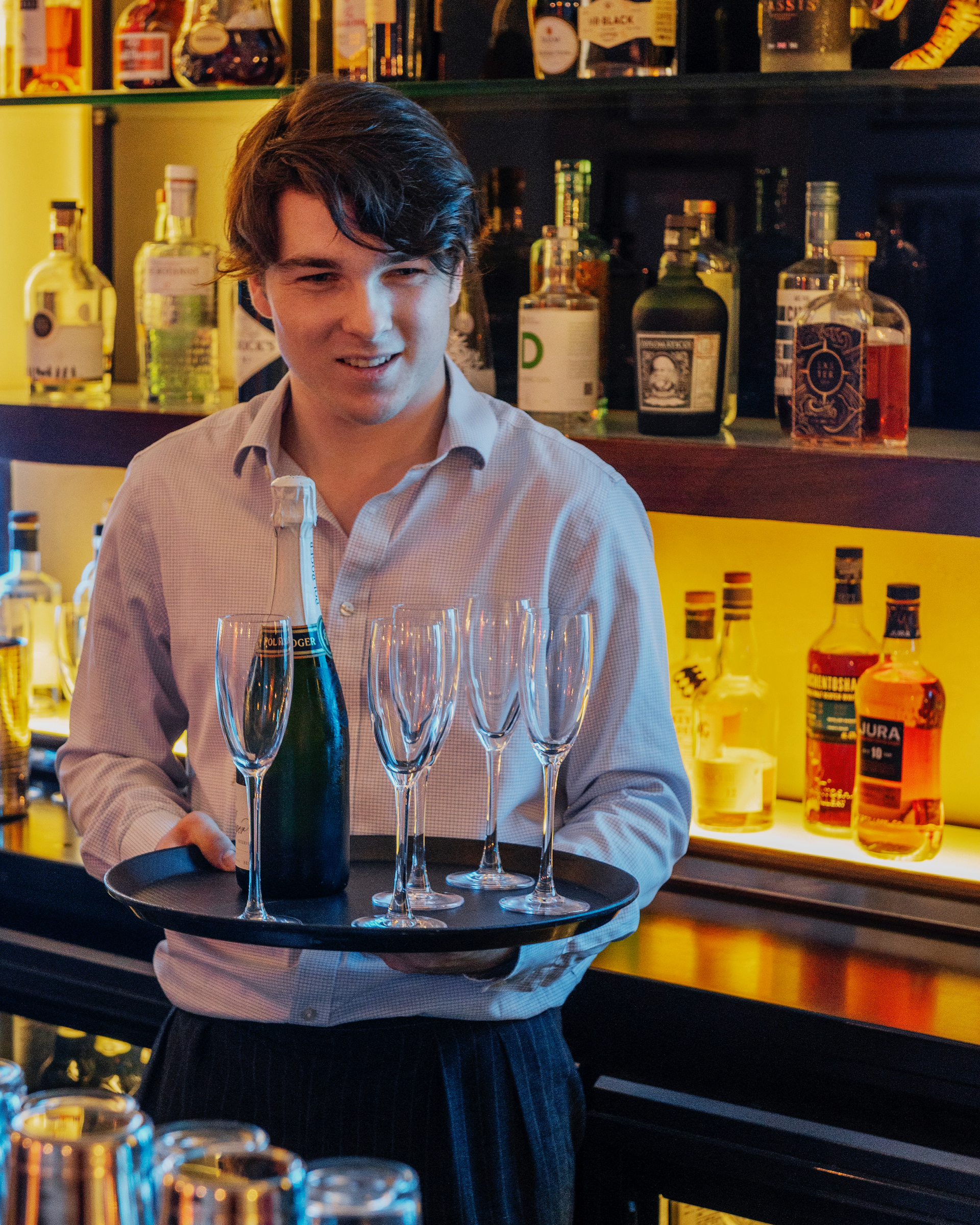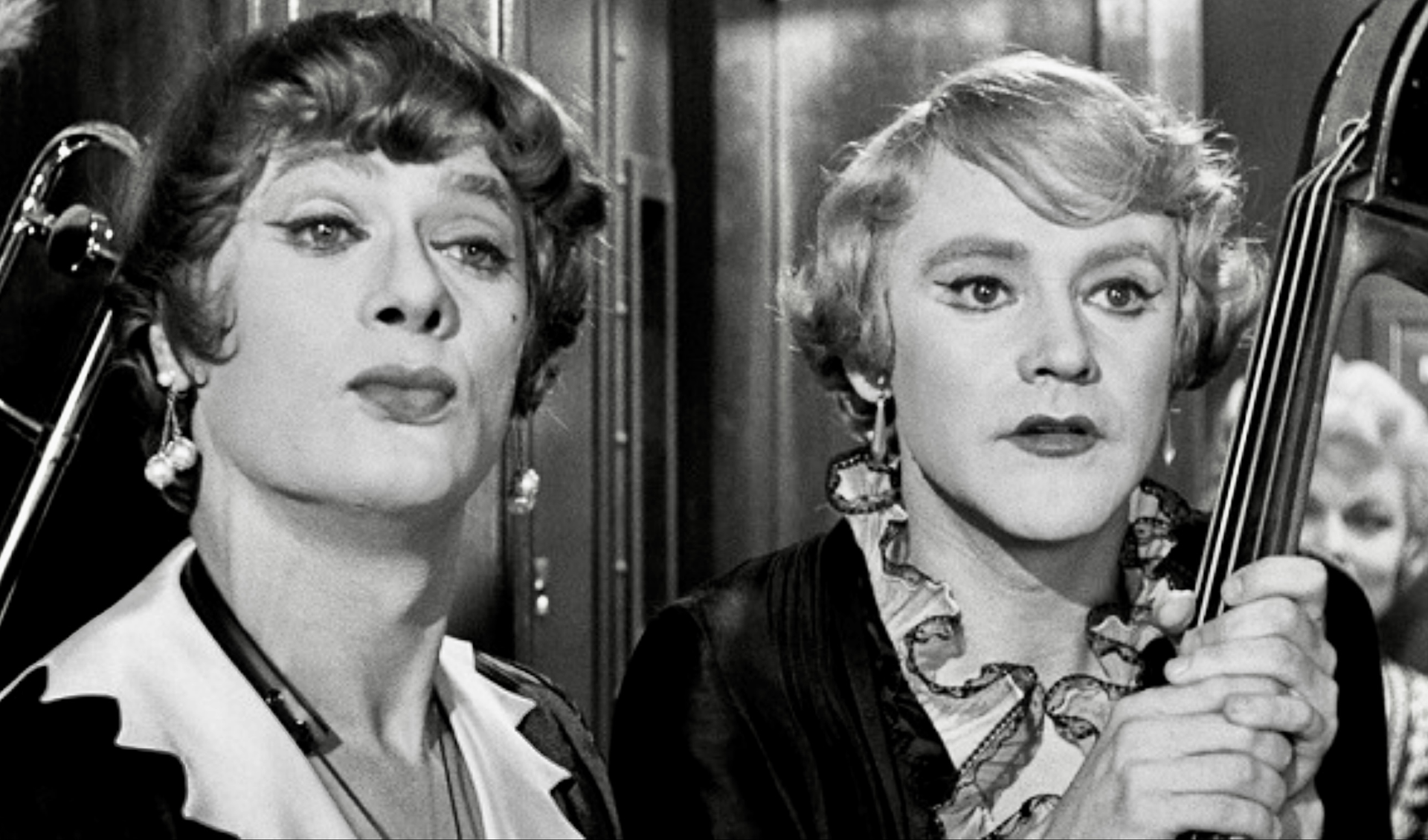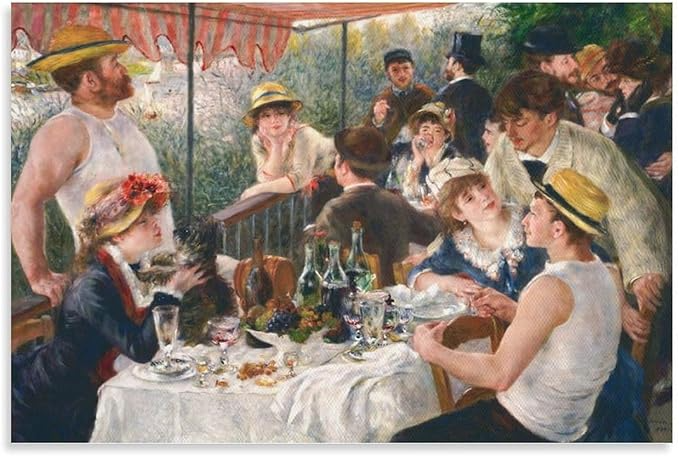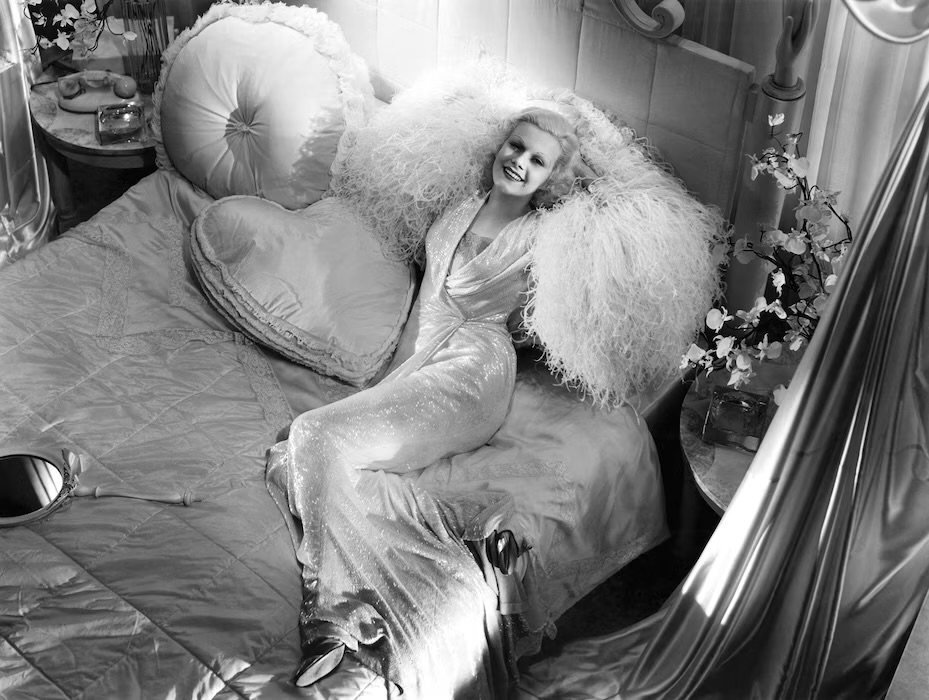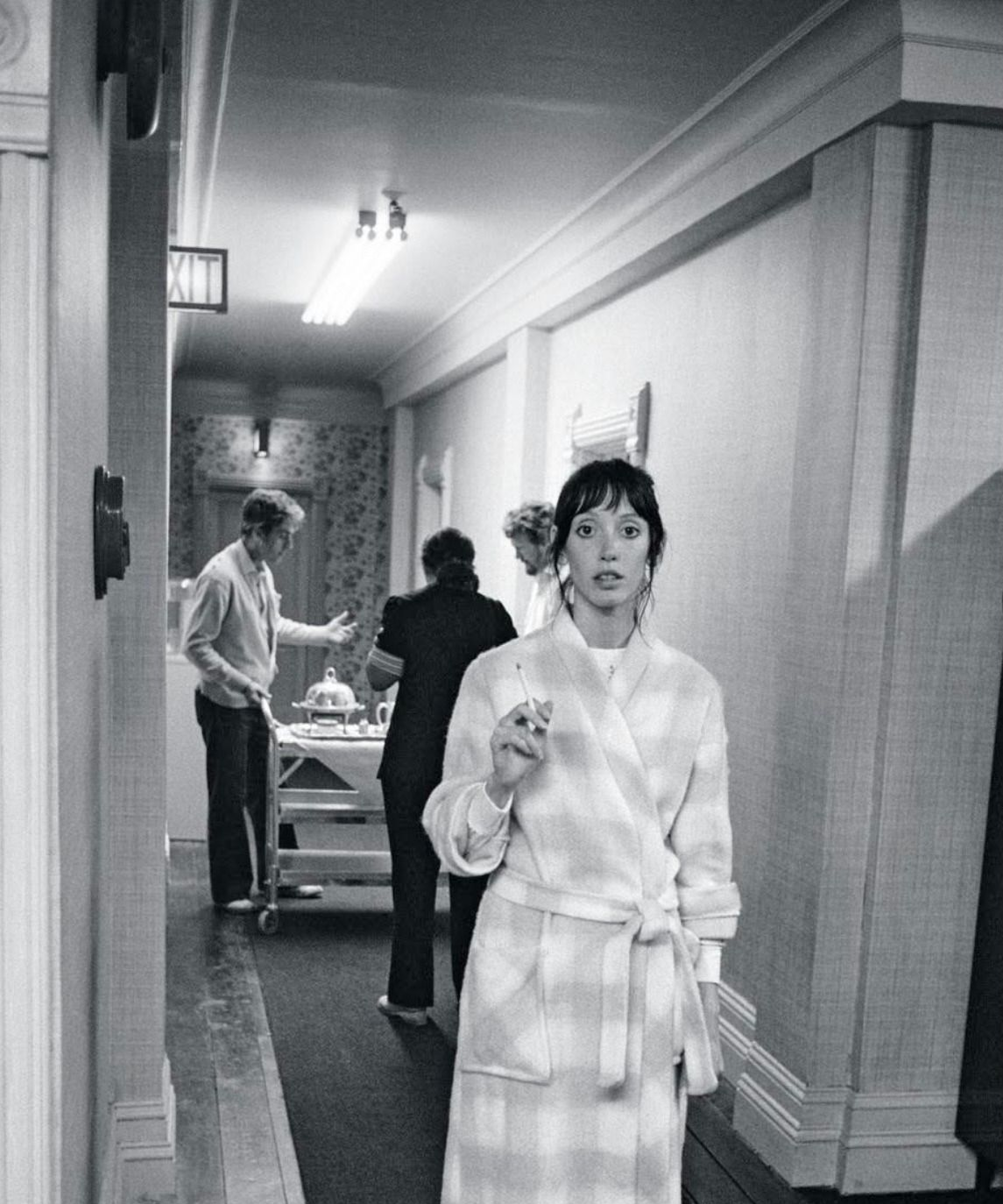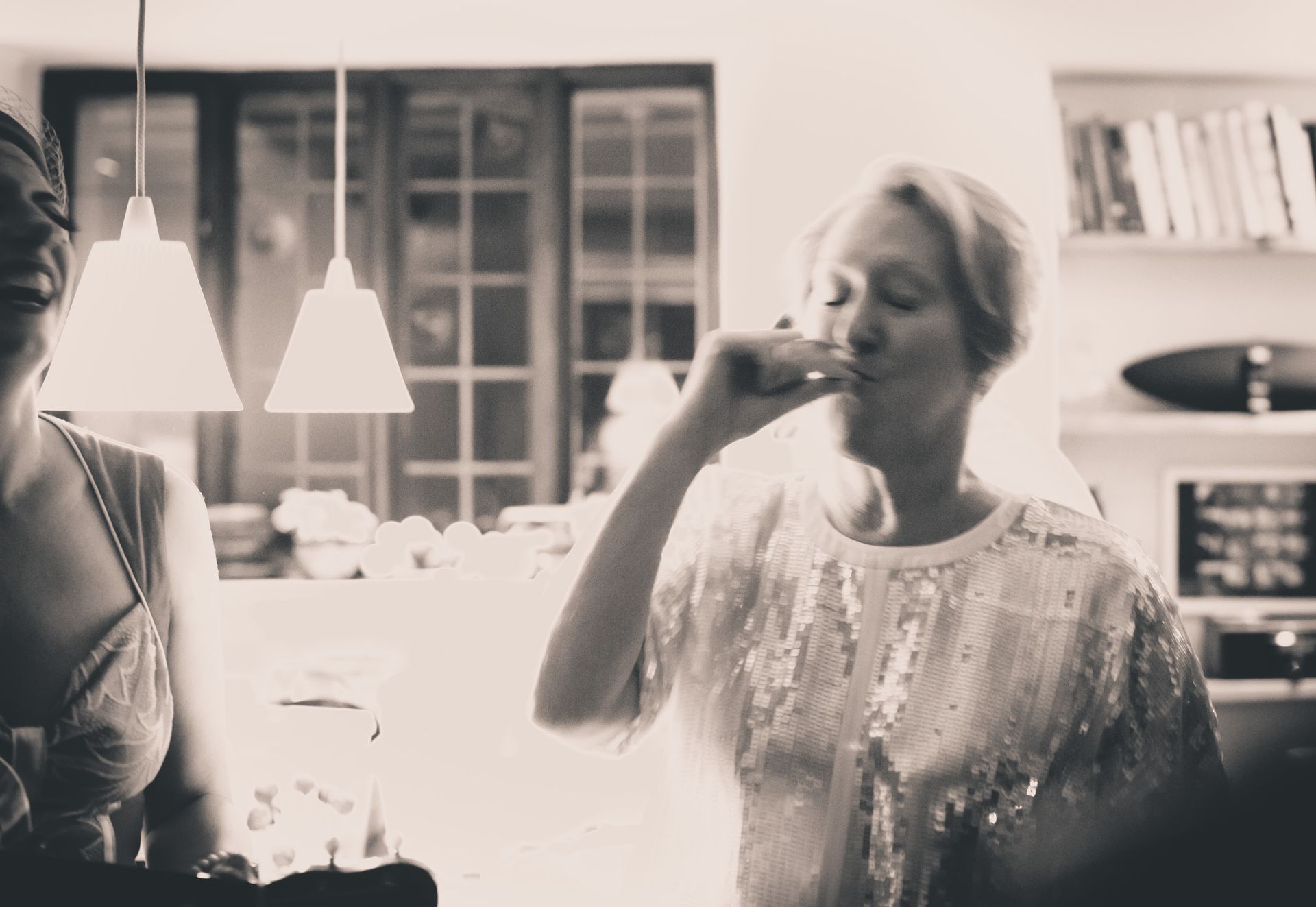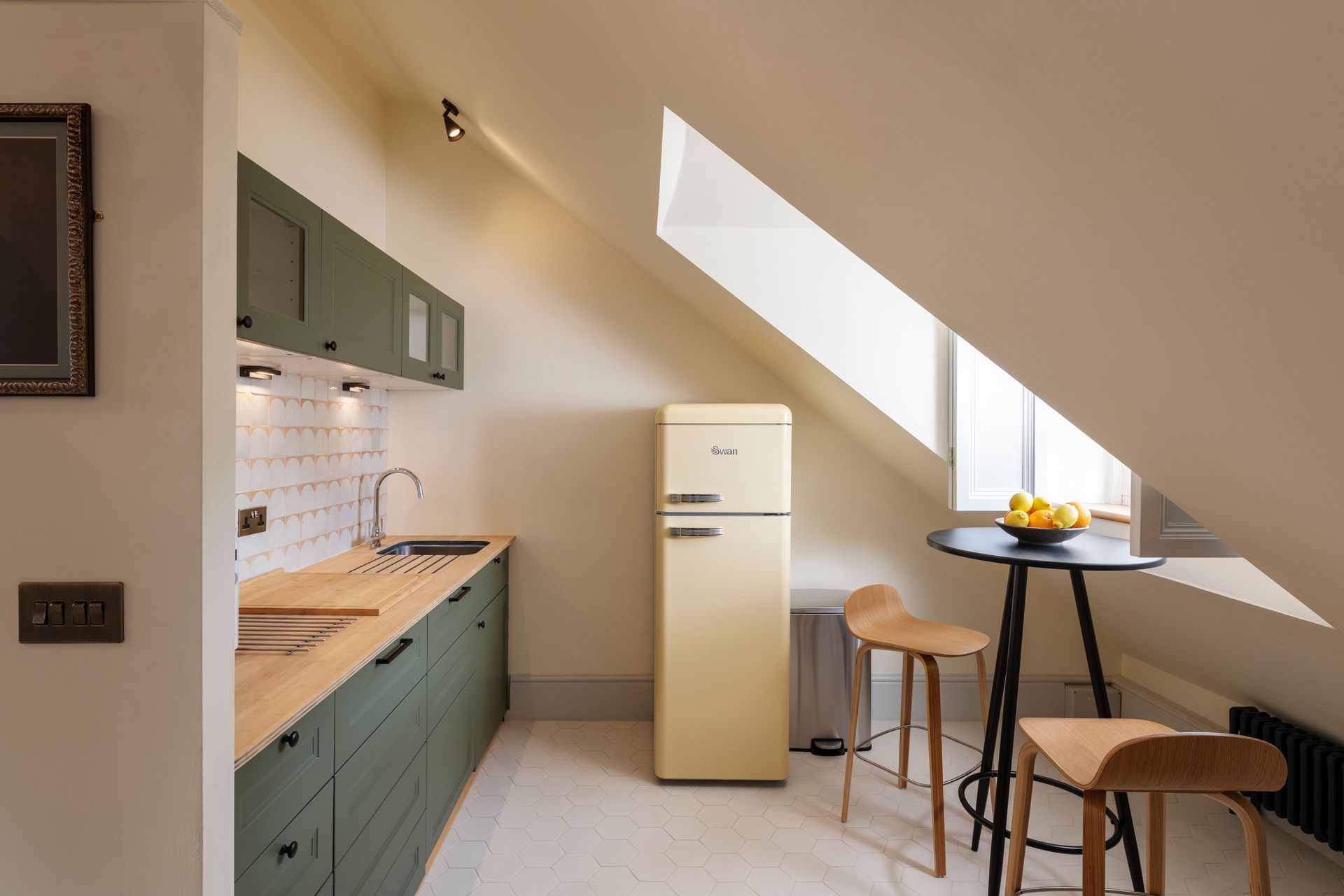Unpicking Locks
a sign of the times
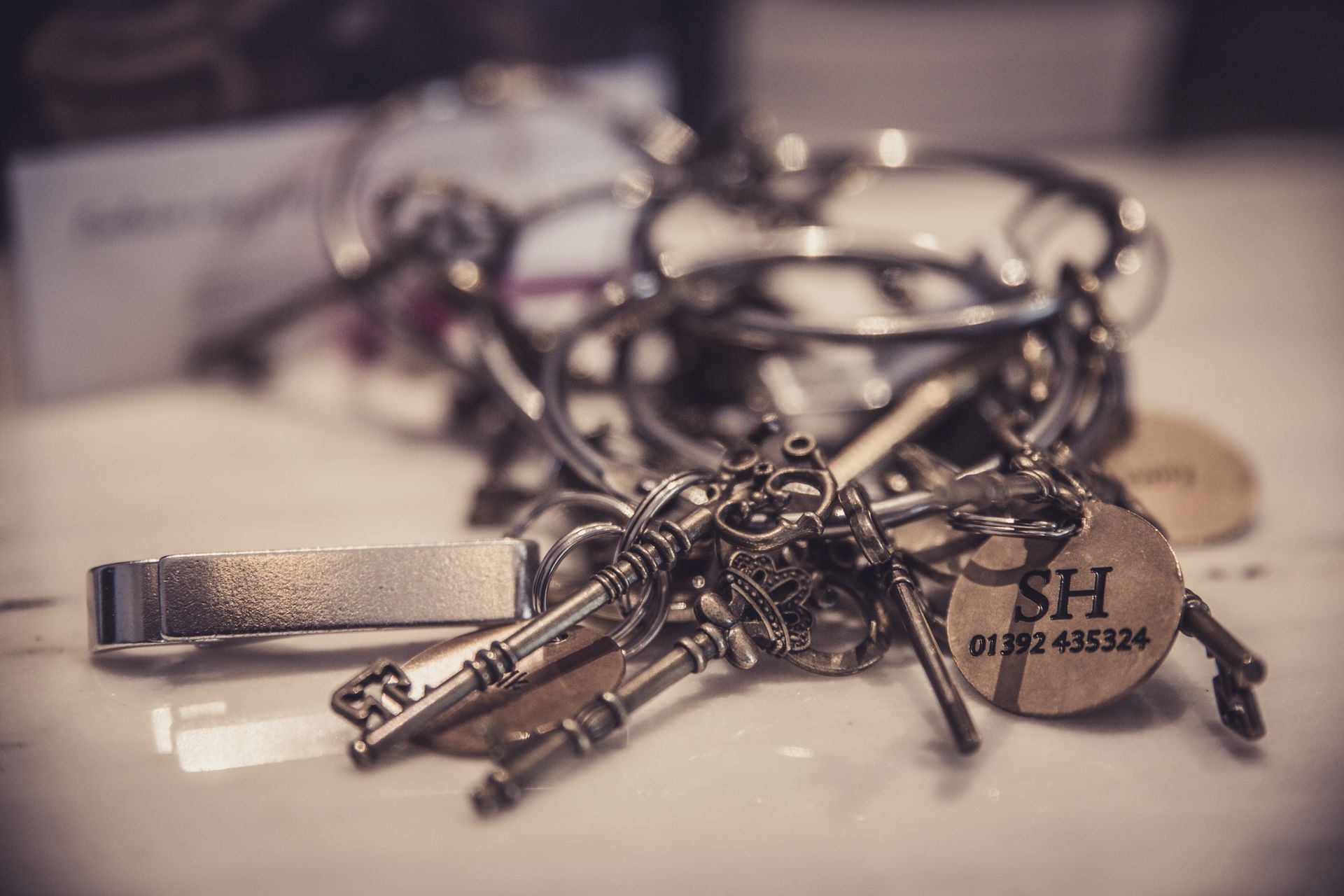
I looked up in Waitrose and saw myself, foreshortened, hyper-pigmented and looking chunky - on camera. The bastion of decency and, well, smug poshness now has CCTV in its aisles.
It made me feel slightly better but also bitter about the latest development at Southernhay House: locks on the downstairs loos. This horror (and there is no chic way to style a key pad) has been forced on us by the number of people walking in and heading straight to the loos, using them to the full before walking straight out again. The second time housekeeping had to make an unscheduled call out was enough.
I was reminded of my strong feelings about loo-locks this morning when listening to a large retailer talking about his anti-shoplifting precautions, “it’s just a fact of modern retail, sadly” he said.
It is. And sadly. But why? And why Waitrose, Southernhay House and the retailer of branded sportswear with margin fatigue on the radio? Shoplifting has been around for ages - so why has it suddenly exploded? I’m not talking nicking out of desperation, which I am not condoning, obvs. Shoplifting has morphed into a secondary financial market of its own; goods are sold on via market stores, special commissions and facebook groups. There’s a hustle to be made where repercussions are remote and the crime doesn’t ‘hurt’ anyone. Only this week, a Police Commissioner said it was "not worth prosecuting" shoplifters, because of the chaotic backlog of the court systems. No repercussions, a ready market and no visible victim - why not?
Were we at leafy Southernhay the last to acknowledge the problem? Were we so cocooned that we snobbishly thought shoplifting (and I include here the theft of space, water, lighting, employee time that comes with use of a private loo intended for paying customers) was a ‘high street’ problem? Well, no longer; it's here on our literal doorstep.
There’s a mood in 2025, which means that a business which appears to be functioning at a premium level is fair game and can take the hit.
Which it can’t: and don’t take out your tiny violin for me at this point. Running a functioning premium business is really, really hard work, and more than it ever has been. It’s maintaining the gloss with full-time commitment from the owner/CEO often with a new or greater degree of hands-on involvement. It’s constant dedication and drive from every single member of staff. It’s trying to keep prices stable in the face of spiralling costs—utilities, suppliers, insurance, regulations. You know the list because you’re probably doing it too: we’re just the same.
It’s also doing it with a smile on your face, because - hey - hospitality!
Little by little, over the past decade the social contract which I have always thought to be especially British has been eroded and this year it seems to be generally acknowledged that it has broken down entirely. I grieve for it: I still try and live by it.
We can look around, nod a bit, and blame UK lockdown politicians for creating a nation of self-regulating, self-pleasing individuals where you are the king of your own world. We can look at the internet and say, ‘of course - once you are detached from human contact the consequences are obvious’. We can blame immigration for non-specific ‘overcrowding’ or very specific ‘otherness’ and social media for amplifying both of these.
There’s a kernel in all of that, but there’s also a big omission - which is that we are all complicit in the society we exist in. We’re an intrinsic part of it, not an observer. Small behaviours in your own environment make as much difference as big political gestures, and can be far more effective. If you feel disenfranchised from the political, you can still be empowered by the personal.
This is the country famous for queueing, for please and thank you, for curries and chips, for democracy, for goodness sake (even those last three words are quintessentially British). The Brits were famous for more than our stiff upper lips; it was a sense of fair play and decency. Words that I'm almost embarrassed to write because they sound so quaint - but like many a good old fashioned phrase, I intend to reclaim what they mean and unlock those doors as soon as possible.

